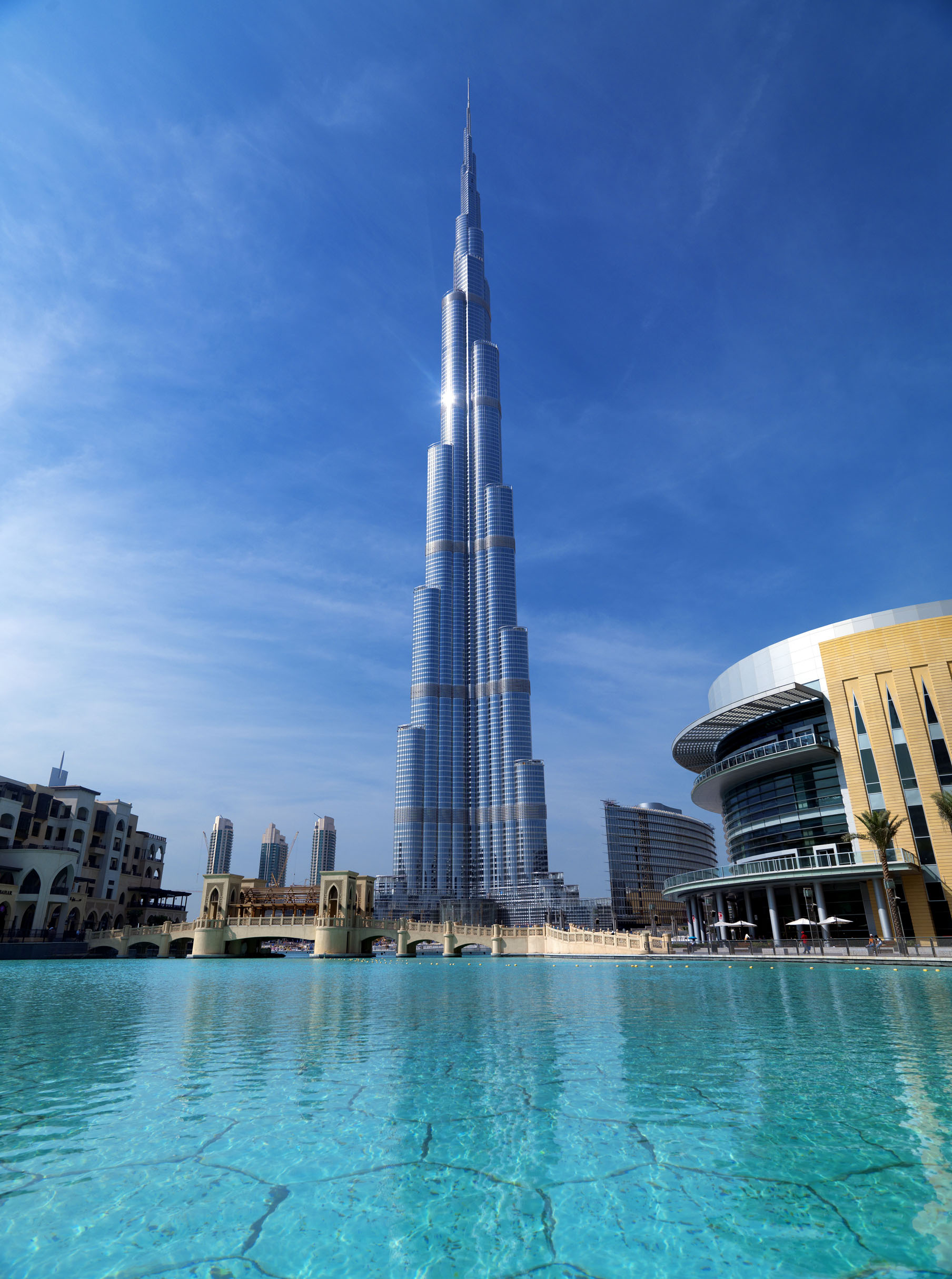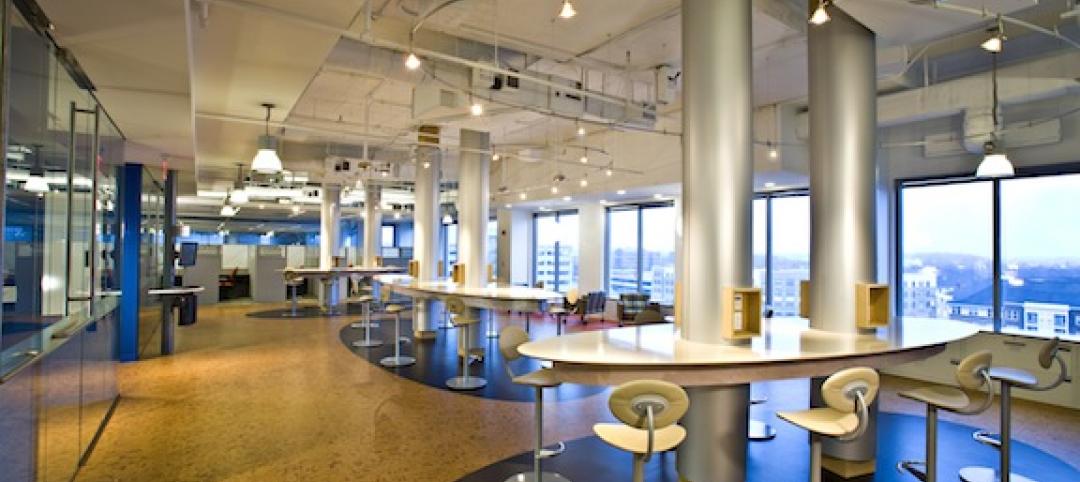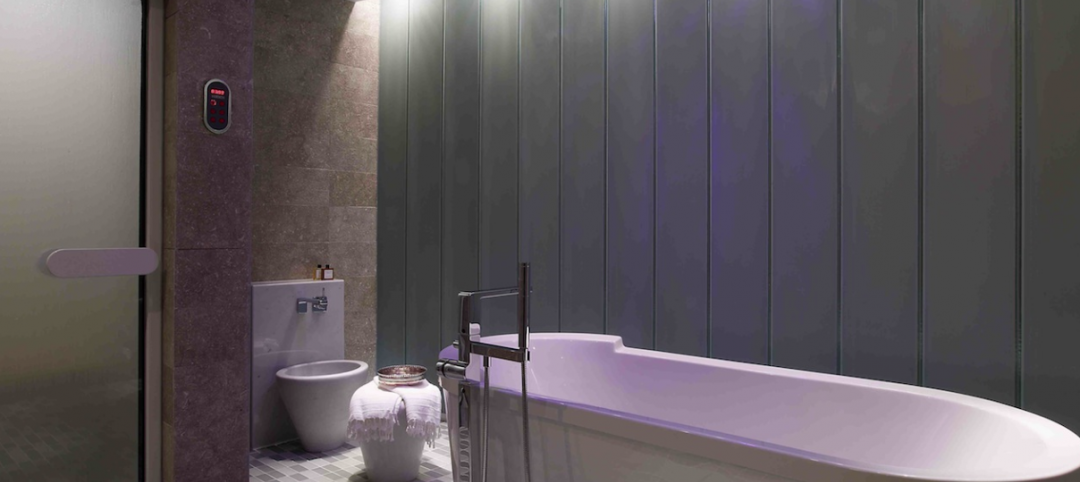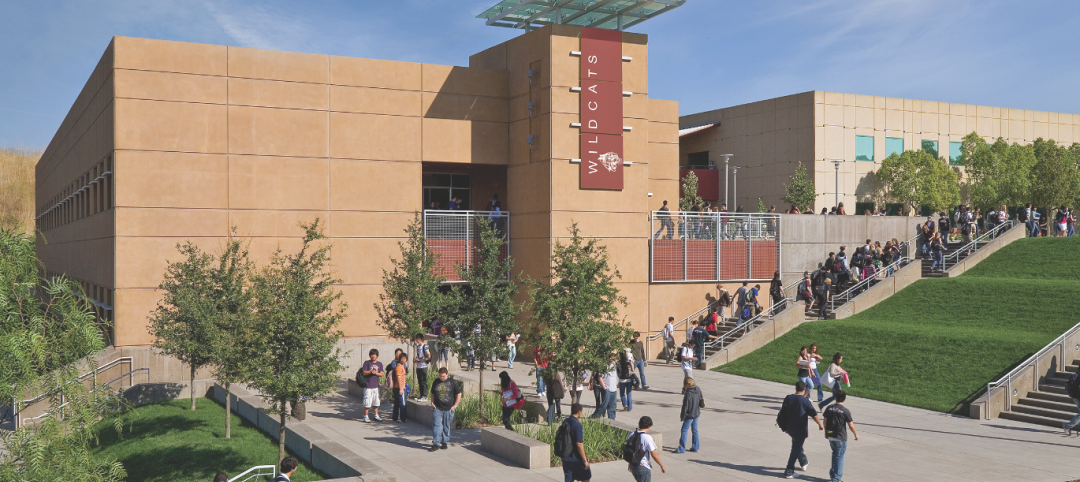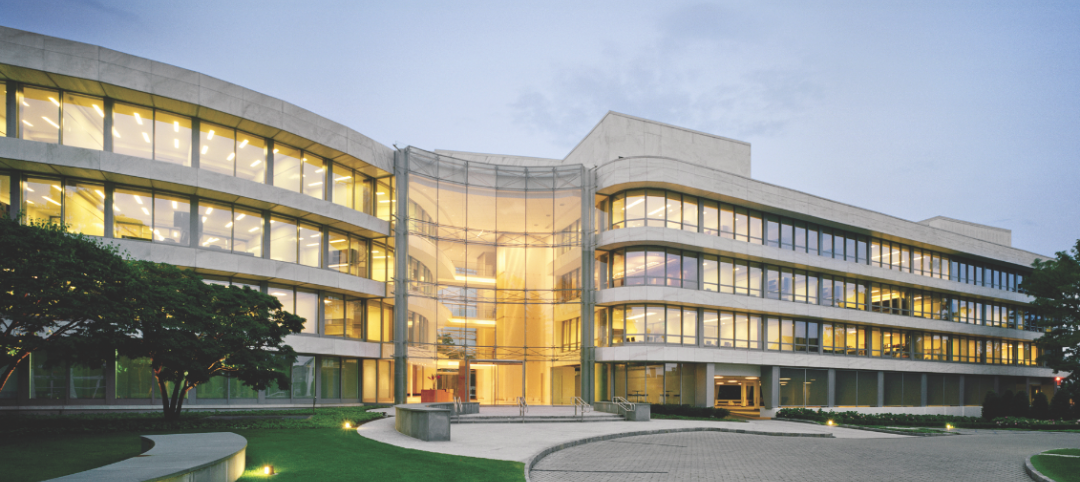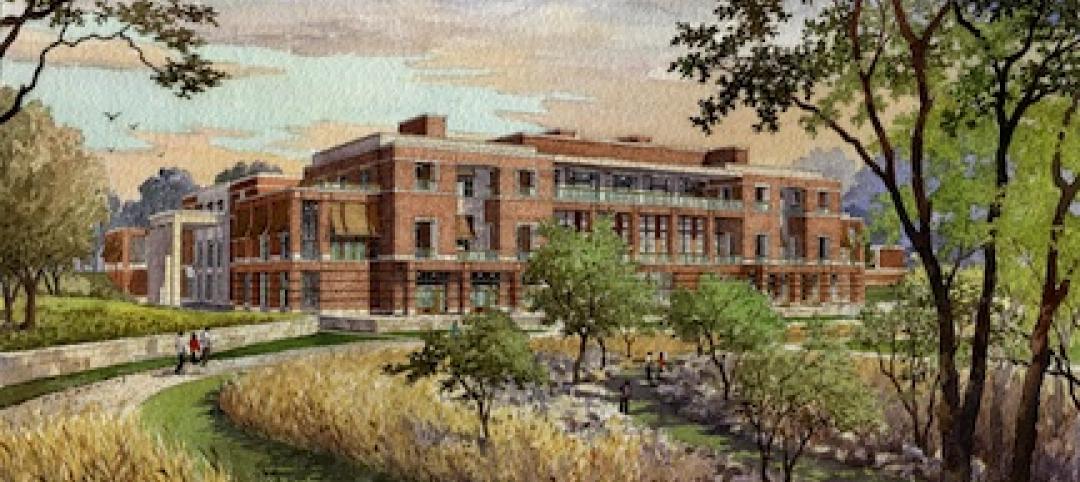The Burj Khalifa is part of an extraordinary 500 acre development called Downtown Dubai. The tower’s design is derived from patterning systems embodied in Islamic architecture, and also takes inspiration from the harmonious structure of the Hymenocallis plant, which is native to the region.
This iconic project breaks many records while overcoming the greatest of challenges and technical difficulties, not least of which are the wind forces dominating the structural design of the tower, the logistics of moving men and materials at extreme heights, and construction of the building envelope.
Addressing the environmental and technical challenges
As with any construction in the Middle East, Dow Corning’s technical experts were confronted with testing and specifying products that are able to withstand the rigors of high temperature, ultra-violet light, seismic activity and inclement weather conditions including sandstorms and high winds. In addition, large areas of the curtain wall, which in total is equivalent in size to 17 soccer fields, are positioned at extreme height, which in turn, brings a new set of technical challenges.
Key Participants
Adrian Smith, Skidmore, Owings & Merrill — Architect
Far East Aluminum, Hong Kong Arabian Aluminum, UAE — Structural Glazing Fabricators
White Aluminum, UAE — Insulating Glass Fabricator
Samsung Engineering & Construction — Main Contractor
Emaar Properties — Developer
Solving the pressure build-up problem
A total of 103,000 square meters of glass was used in the cladding panels, which are incorporated into a total facade area of 132,190 square meters. These advanced cladding panels maximize resistance against heat transmission from the sun and save energy through the use of sophisticated engineering techniques, which include high performance reflective glazing.
The unitized panels were interlocking on site and up to two stories tall. Being positioned at such high elevations, the risk of pressure buildup within the insulating glass units was alleviated through the design specification and Dow Corning 3362 Silicone Insulating Glass Sealant, was used as the secondary perimeter seal. Silicone application was carried out by White Aluminum Enterprise, who is a member of Dow Corning® Quality Bond—an initiative which provides technical training and support, designed to achieve excellence in quality control, quality assurance and standards of workmanship.
Products
Dow Corning 993 Silicone Structural Glazing Sealant
Dow Corning 3362 Silicone Insulating Glass Sealant
Dow Corning 798 Clean and Coldroom Silicone Sealant
In addition, Dow Corning 993 Silicone Structural Glazing Sealant was specified to bring additional secondary support of the insulating glass units, which were mechanically attached to the frame as the primary support. And, for sealing the exclusive bathrooms within the prestigious apartments, Dow Corning 798 Cold and Cleanroom Silicone Sealant was specified.
Click here to view a short animated presentation about how Dow Corning products and support helped Burj Khalifa become a reality.
Or, to learn more about the Dow Corning products featured in this case study, as well as the many other proven materials for the construction industry, please visit us here. To speak to your nearest Dow Corning representative, visit dowcorning.com/ContactUs. +
Related Stories
| Dec 7, 2010
Product of the Week: Petersen Aluminum’s column covers used in IBM’S new offices
IBM’s new offices at Dulles Station West in Herndon, Va., utilized Petersen’s PAC-1000 F Flush Series column covers. The columns are within the office’s Mobility Area, which is designed for a mobile workforce looking for quick in-and-out work space. The majority of workspaces in the office are unassigned and intended to be used on a temporary basis.
| Dec 6, 2010
Honeywell survey
Rising energy costs and a tough economic climate have forced the nation’s school districts to defer facility maintenance and delay construction projects, but they have also encouraged districts to pursue green initiatives, according to Honeywell’s second annual “School Energy and Environment Survey.”
| Dec 2, 2010
GKV Architects wins best guest room design award for Park Hyatt Istanbul
Gerner Kronick + Valcarcel, Architects, PC won the prestigious Gold Key Award for Excellence in Hospitality Design for best guest room, Park Hyatt Macka Palas, Istanbul, Turkey. Park Hyatt Maçka Palace marries historic and exotic elements with modern and luxurious, creating a unique space perpetuating Istanbul’s current culture. In addition to the façade restoration, GKV Architects designed 85 guestrooms, five penthouse suites, an ultra-hip rooftop bar, and a first-of-its-kind for Istanbul – a steakhouse, for the luxury hotel.
| Dec 2, 2010
U.S Energy Secretary Chu announces $21 Million to improve energy use in commercial buildings
U.S. Energy Secretary Steven Chu announced that 24 projects are receiving a total of $21 million in technical assistance to dramatically reduce the energy used in their commercial buildings. This initiative will connect commercial building owners and operators with multidisciplinary teams including researchers at DOE's National Laboratories and private sector building experts. The teams will design, construct, measure, and test low-energy building plans, and will help accelerate the deployment of cost-effective energy-saving measures in commercial buildings across the United States.
| Nov 29, 2010
Data Centers: Keeping Energy, Security in Check
Power consumption for data centers doubled from 2000 and 2006, and it is anticipated to double again by 2011, making these mission-critical facilities the nation’s largest commercial user of electric power. Major technology companies, notably Hewlett-Packard, Cisco Systems, and International Business Machines, are investing heavily in new data centers. HP, which acquired technology services provider EDS in 2008, announced in June that it would be closing many of its older data centers and would be building new, more highly optimized centers around the world.
| Nov 29, 2010
New Design Concepts for Elementary and Secondary Schools
Hard hit by the economy, new construction in the K-12 sector has slowed considerably over the past year. Yet innovation has continued, along with renovations and expansions. Today, Building Teams are showing a keener focus on sustainable design, as well as ways to improve indoor environmental quality (IEQ), daylighting, and low-maintenance finishes such as flooring.
| Nov 29, 2010
Renovating for Sustainability
Motivated by the prospect of increased property values, reduced utility bills, and an interest in jumping on the sustainability bandwagon, a noted upturn in green building upgrades is helping designers and real estate developers stay busy while waiting for the economy to recover. In fact, many of the larger property management outfits have set up teams to undertake projects seeking LEED for Existing Buildings: Operations & Maintenance (LEED-EBOM, also referred to as LEED-EB), a certification by the U.S. Green Building Council.
| Nov 23, 2010
The George W. Bush Presidential Center, which will house the former president’s library
The George W. Bush Presidential Center, which will house the former president’s library and museum, plus the Bush Institute, is aiming for LEED Platinum. The 226,565-sf center, located at Southern Methodist University, in Dallas, was designed by architect Robert A.M. Stern and landscape architect Michael Van Valkenburgh.
| Nov 23, 2010
Honeywell's School Energy and Environment Survey: 68% of districts delayed or eliminated improvements because of economy
Results of Honeywell's second annual “School Energy and Environment Survey” reveal that almost 90% of school leaders see a direct link between the quality and performance of school facilities, and student achievement. However, districts face several obstacles when it comes to keeping their buildings up to date and well maintained. For example, 68% of school districts have either delayed or eliminated building improvements in response to the economic downturn.


